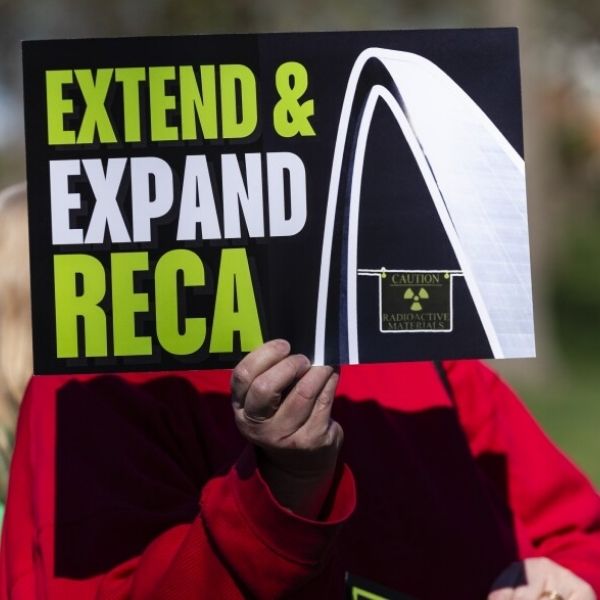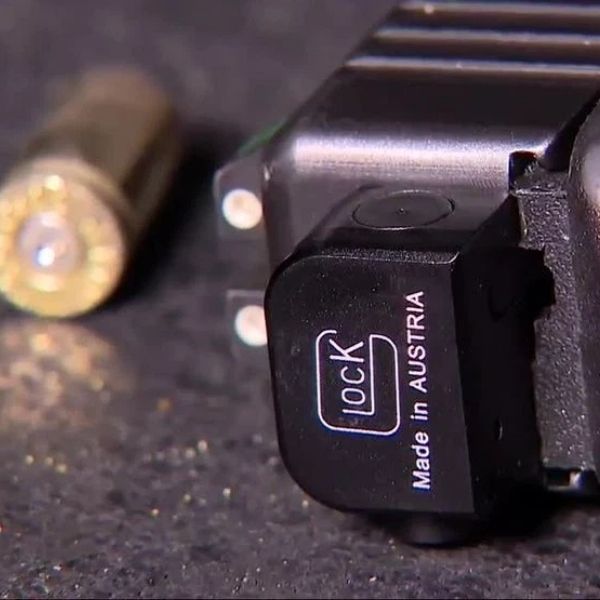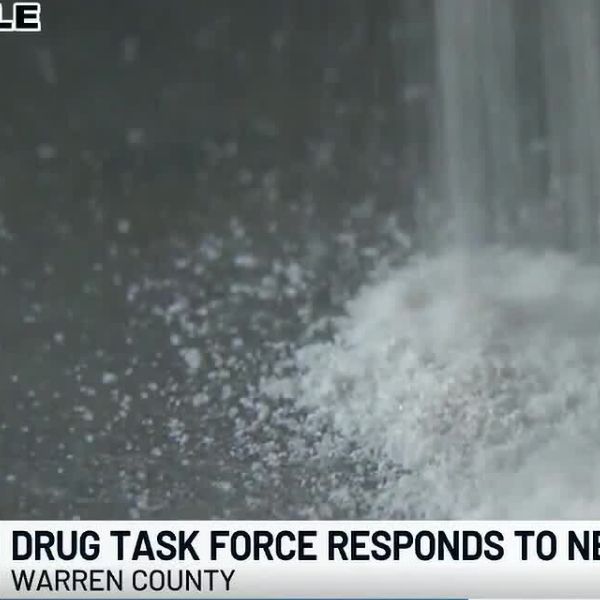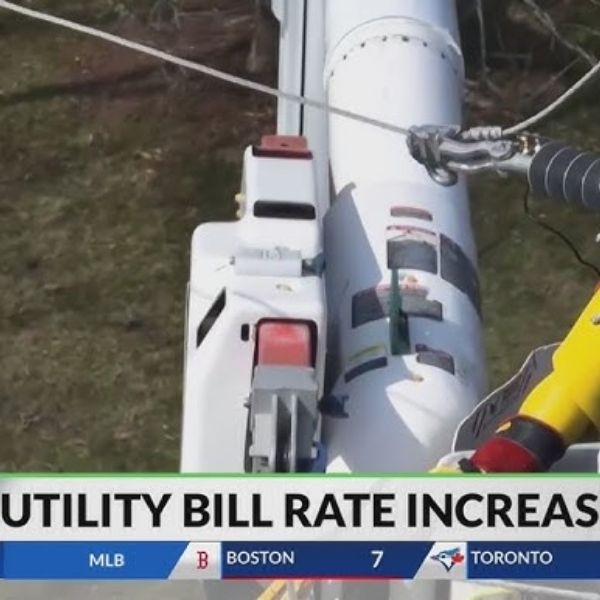Several months after the Radiation Exposure Compensation Act was expanded in July to include 21 Missouri ZIP codes, the U.S. Department of Justice reports that $8.57 million in claims have been approved for people affected by Manhattan Project waste contamination.
So far, at least 176 claims have been approved across Missouri, Kentucky, Alaska, and Tennessee. The act offers compensation to current and former residents who developed cancers or other illnesses linked to radioactive waste from U.S. nuclear weapons testing, uranium mining, or Manhattan Project byproducts.
The RECA program, which expired in June 2024, was revived and expanded in July through efforts led by Sen. Josh Hawley, R-Mo. The expansion added 21 ZIP codes in St. Louis, St. Louis County, and St. Charles County. A Metro East ZIP code containing a former uranium and thorium processing site was not included.
Dawn Chapman, co-founder of Just Moms STL and a longtime advocate, said she has heard from at least 40 people in the St. Louis area who already received payments, and hundreds more who now have claim numbers, signaling approved applications. The nonprofit has worked with the St. Louis County Library to host RECA information sessions since August, alongside staff from Hawley’s office.
“Several people have applied on behalf of themselves and are getting that $50k,” Chapman said. She added that some applicants are filing additional claims as beneficiaries for sick or deceased parents. The fast pace of approvals has surprised advocates, who expected payments to begin early next year.
The Department of Justice recently hired around 40 additional staff members to manage the surge in applications, according to a source familiar with the expansion.
Brent Trout, manager of history and genealogy at the St. Louis County Library Clark Family branch, said the library recently hosted an information session in October and has helped more than 3,700 people gather the residency documents required to prove eligibility. He advised applicants to read the 24-page application carefully and ensure they have accurate records such as birth certificates, death certificates, and marriage licenses.
The St. Charles County Library held a town hall on how to apply and continues to provide online resources.
Chapman said advocates will keep pushing to expand RECA further, noting many sick residents outside the current ZIP codes still lack the documentation needed to qualify. The act is set to expire in 2027, but she hopes ongoing reauthorization efforts will give communities more time to fight for inclusion.
“We have to capture those people and capture their stories,” Chapman said. “If people feel like they aren’t being heard, they feel like they don’t matter — and that’s not the case.”











Leave a Comment